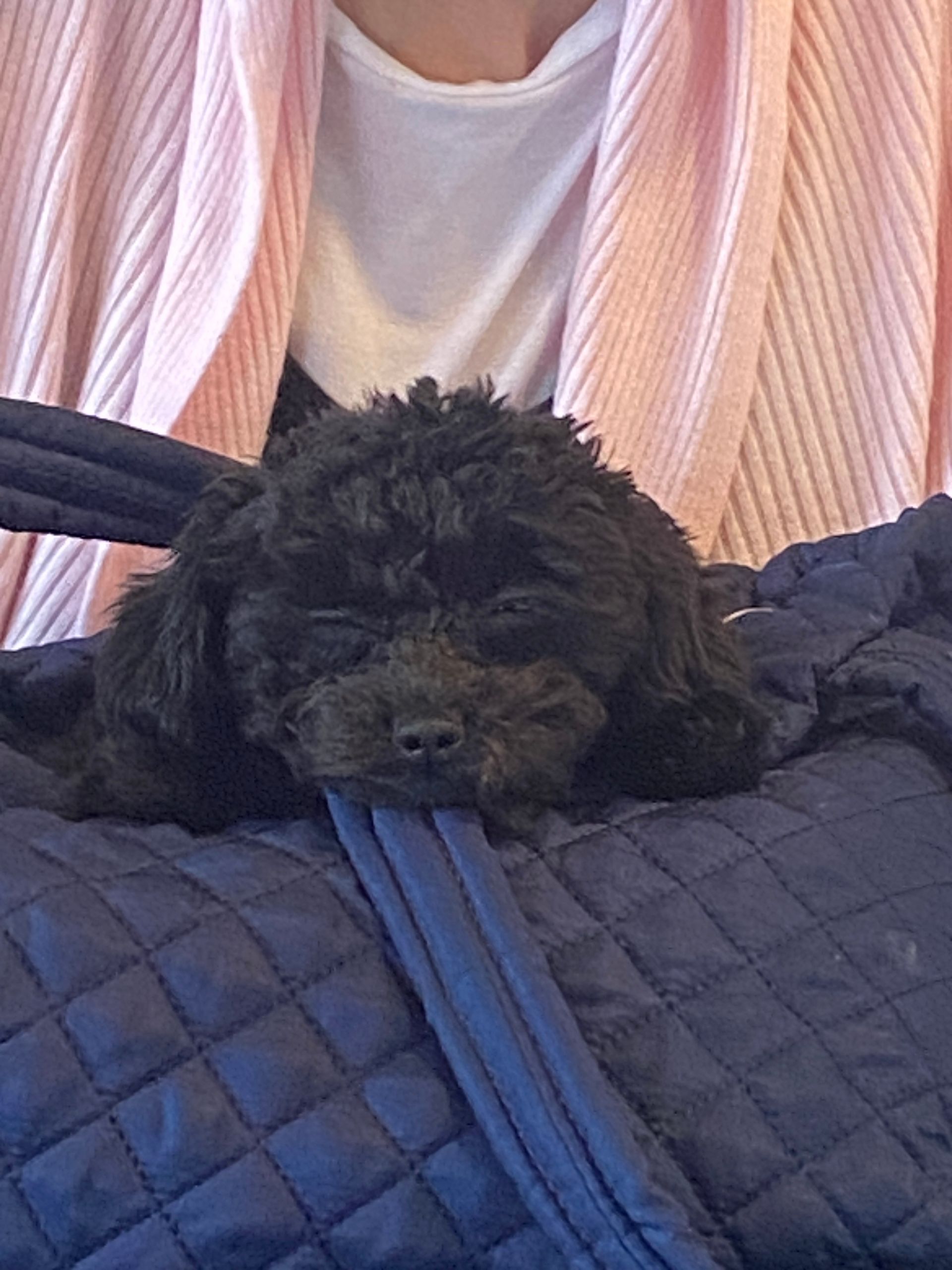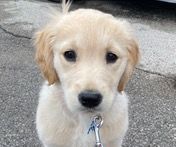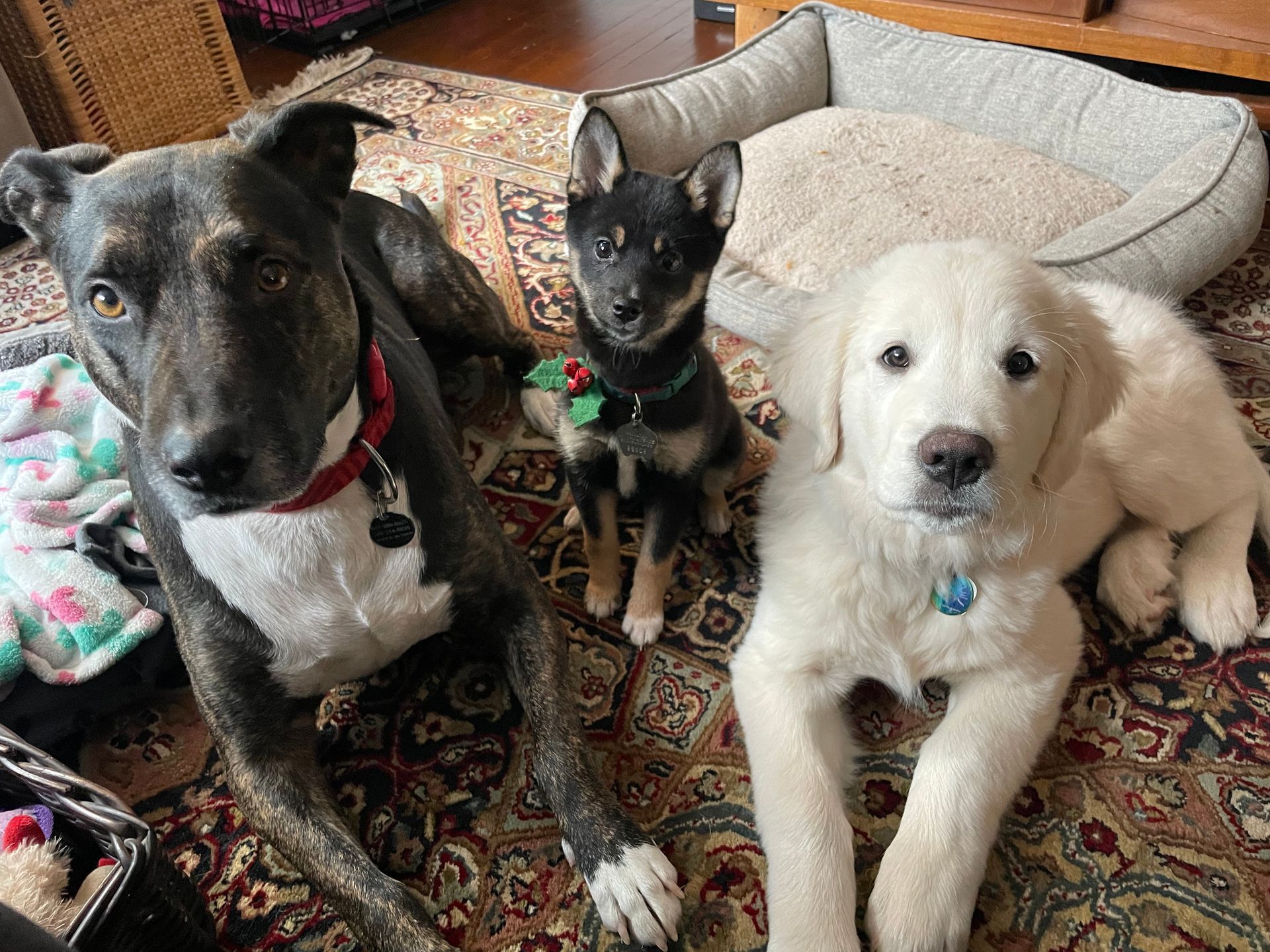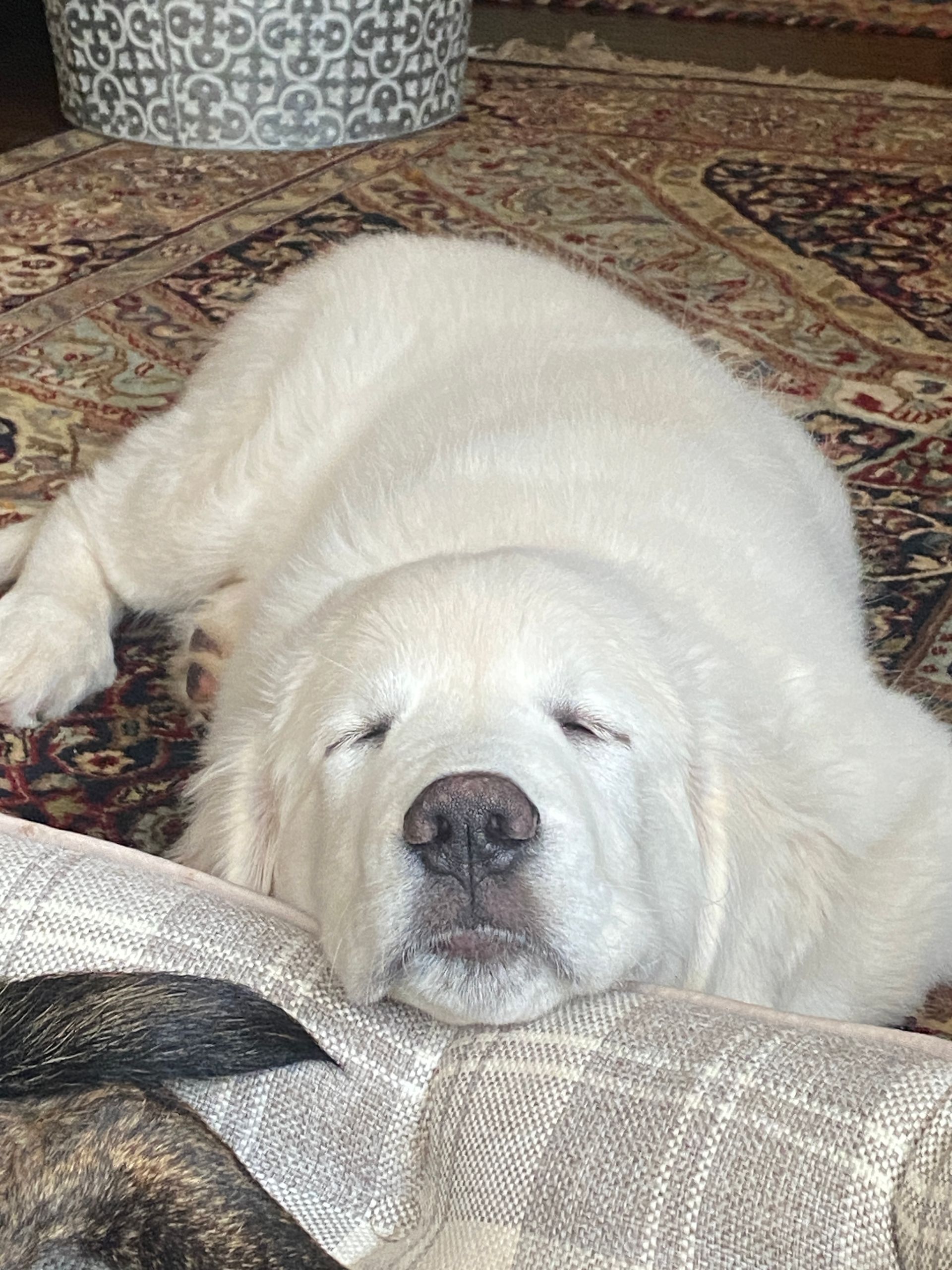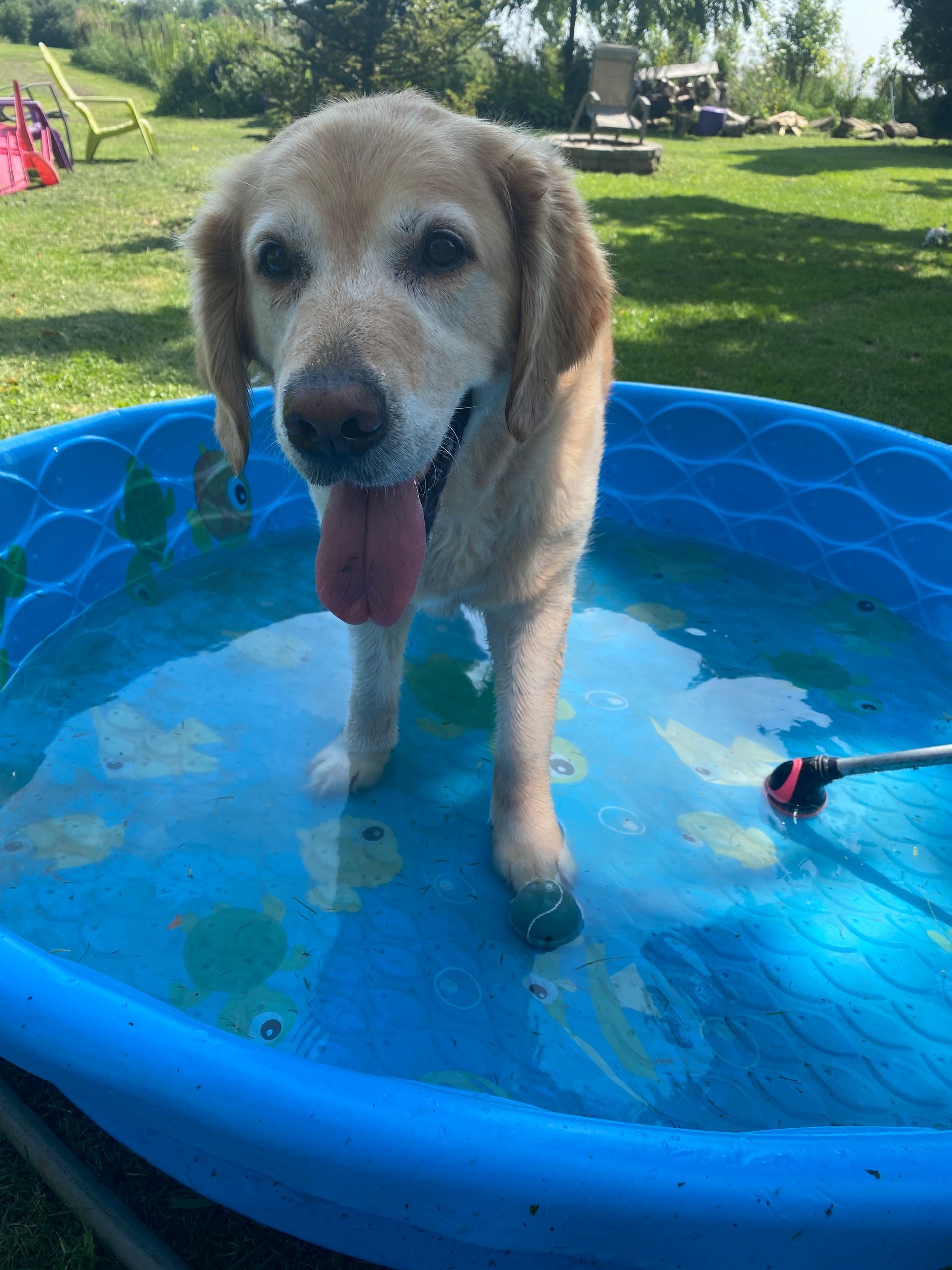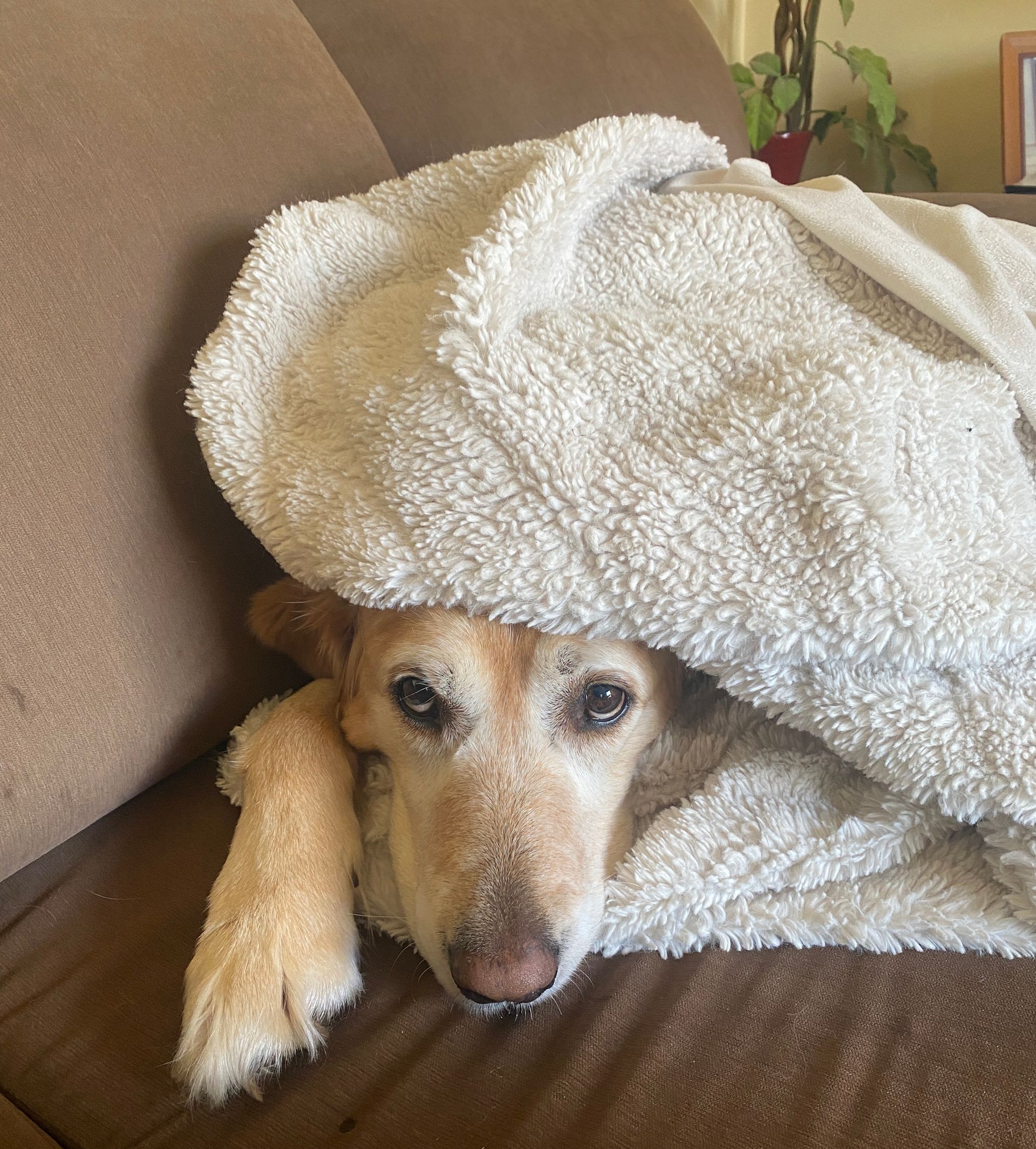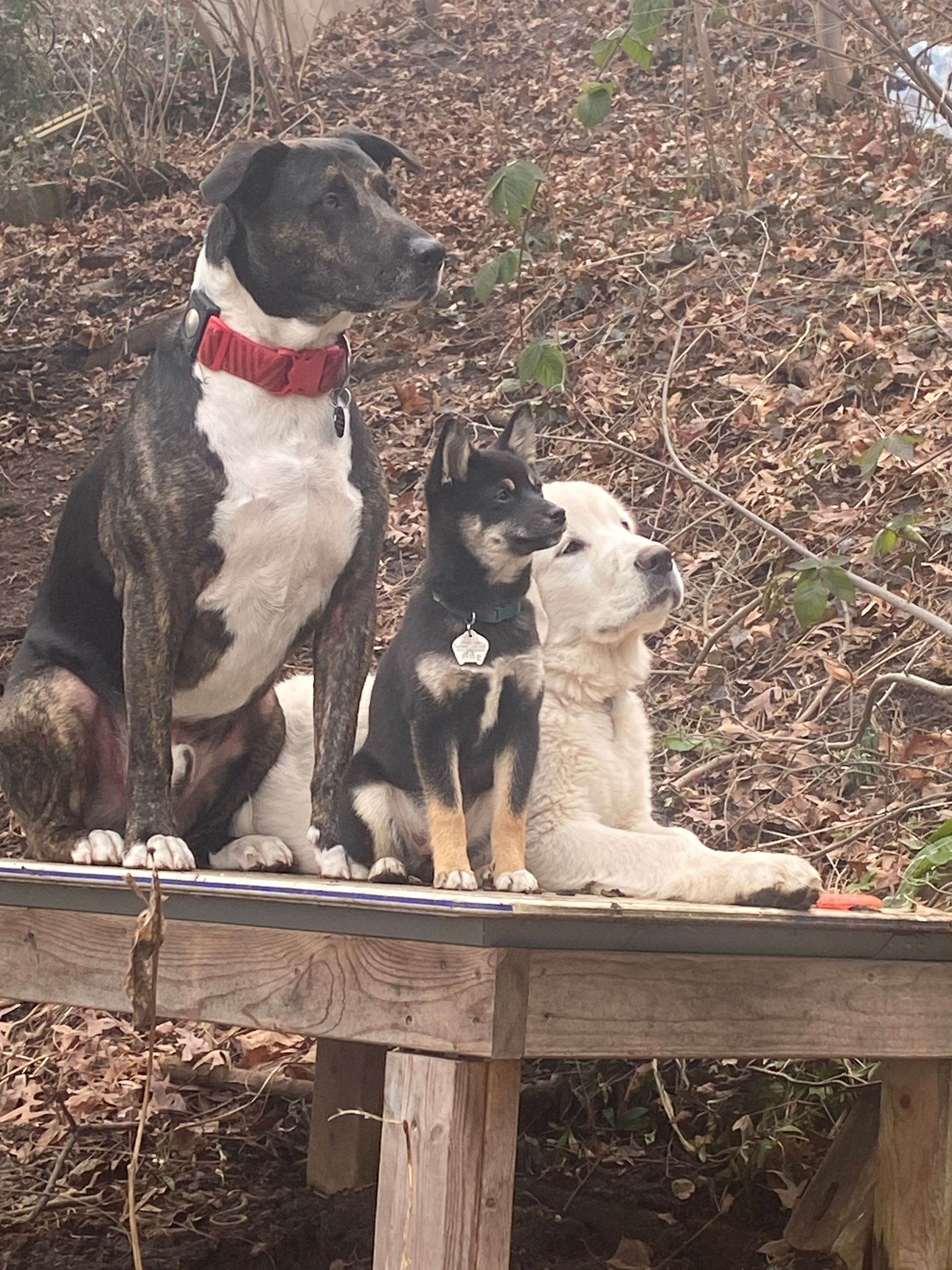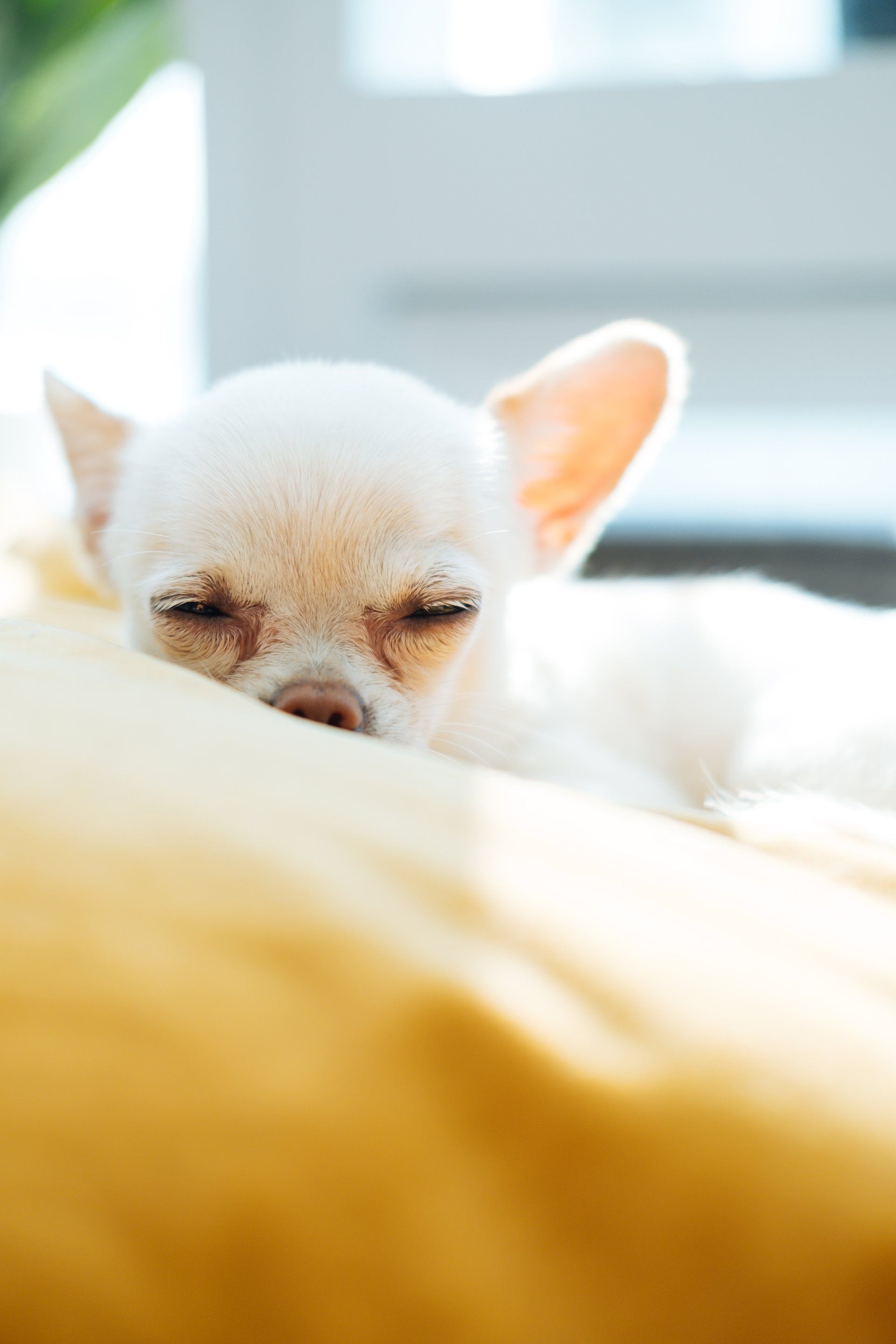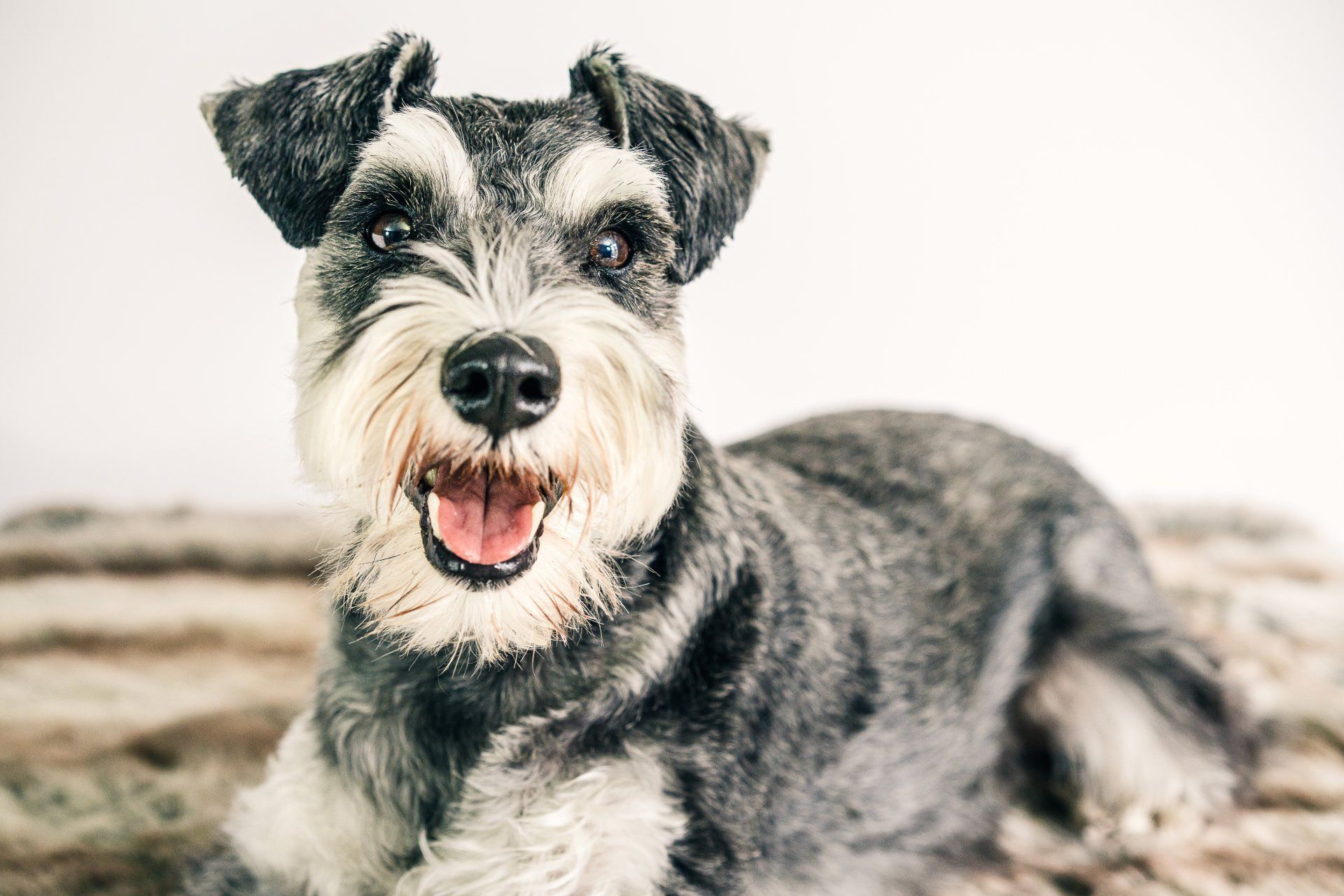Games 4 Dogs
10 Tips for Solving Your Puppy Potty Training Problems in Dundas Ontario

If you're a new puppy parent, you're probably experiencing the joys of housebreaking your furry friend. While it can be a challenging process, don't worry, it's not impossible.
Here are 10 tips to help you with your puppy potty training problems:
1. Establish a Consistent Routine
One of the most important things you can do to help your puppy with potty training is to establish a consistent routine. Take your puppy out on a leash every 60 minutes when they are awake, and immediately after they wake up from a nap or finish playing. This will help your puppy learn when it's time to go outside and reduce the likelihood of accidents inside.
2. Accompany Your Puppy Outside
When you take your puppy outside, make sure you accompany them. Take them out on a leash and stand in an area that they seem to like and stay there until they eliminate. This will help your puppy make the connection that they should eliminate outside. Remember you need a leash, potty treats, designated potty elimination area!
3. Reinforce Good Decisions
When your puppy does go potty outside, be sure to reinforce their good behaviour. Praise them enthusiastically and give them a high-value treat immediately after they go potty. This will help them associate going potty outside with positive feelings and rewards.
4. Supervise Your Puppy Closely
Supervision is key to preventing accidents. If you can't supervise your puppy, exercise them first then adjust your confinement strategy and place them in their crate or a puppy-proofed room. This will ensure that they can't wander off and have accidents in other parts of the house.
5. Clean Up Accidents Thoroughly
If your puppy does have an accident inside, it's important to clean it up thoroughly. Use an enzymatic cleaner to eliminate any odour or stain. If your puppy can smell their urine, they'll be more likely to go potty in the same spot again.
Here are several ways to clean up the odour left when a puppy has accidents inside:
- Use an enzymatic cleaner: This type of cleaner breaks down the urine or fecal matter on a molecular level, eliminating the odour completely.
- Use baking soda and vinegar: First, soak up as much of the urine or feces as possible with a towel. Then, mix equal parts water and white vinegar and pour it over the affected area. Let it sit for a few minutes before soaking up the excess liquid with a towel. Then, sprinkle baking soda over the area and let it sit for a few hours before vacuuming it up.
- Use hydrogen peroxide and baking soda: First, soak up as much of the urine or feces as possible with a towel. Then, mix 1/2 cup hydrogen peroxide, 1 tsp. dish soap, and 1 tsp. baking soda in a spray bottle. Spray the affected area and let it sit for a few minutes before wiping it up with a towel.
- Use a steam cleaner: A steam cleaner can be effective at removing odours from carpets and upholstery. Be sure to use a cleaner specifically designed for pet stains and odours.
6. Address Medical Issues
If your puppy is having frequent accidents, there may be an underlying medical issue. Consult your veterinarian to rule out any health problems that may be affecting your puppy's ability to hold their bladder.
7. Address Anxiety or Fear-Related Issues
Anxiety or fear-related potty training issues can also be a challenge. If your puppy seems anxious or fearful when going outside, try to identify and address the underlying cause. It could be a fear of a specific sound or object, or it could be separation anxiety. Consult a trainer or behaviourist if necessary.
8. Use Positive Reinforcement
Positive reinforcement is an effective training method for puppies. It involves rewarding good behaviour, like going potty outside, with treats and praise. This method can be more effective than punishment, which can confuse and upset your puppy.
9. Adjust Potty Training for Older Puppies
Older puppies or dogs who are adopted and not fully potty trained may require different training strategies. Be patient and adjust your approach as needed. It's never too late to start training your puppy.
10. Be Patient and Consistent
Above all, be patient and consistent with your puppy. Housebreaking can take time and there may be setbacks along the way. But with patience, consistency, and positive reinforcement, your puppy will eventually learn to go potty outside and become a well-behaved member of your family.
Hopefully, these 10 tips will help you with your puppy potty training problems. If you need some help, please feel free to visit our website Games4Dogs.com or give us a call 905 630 2029! Remember, it's all about patience, consistency, and positive reinforcement.

